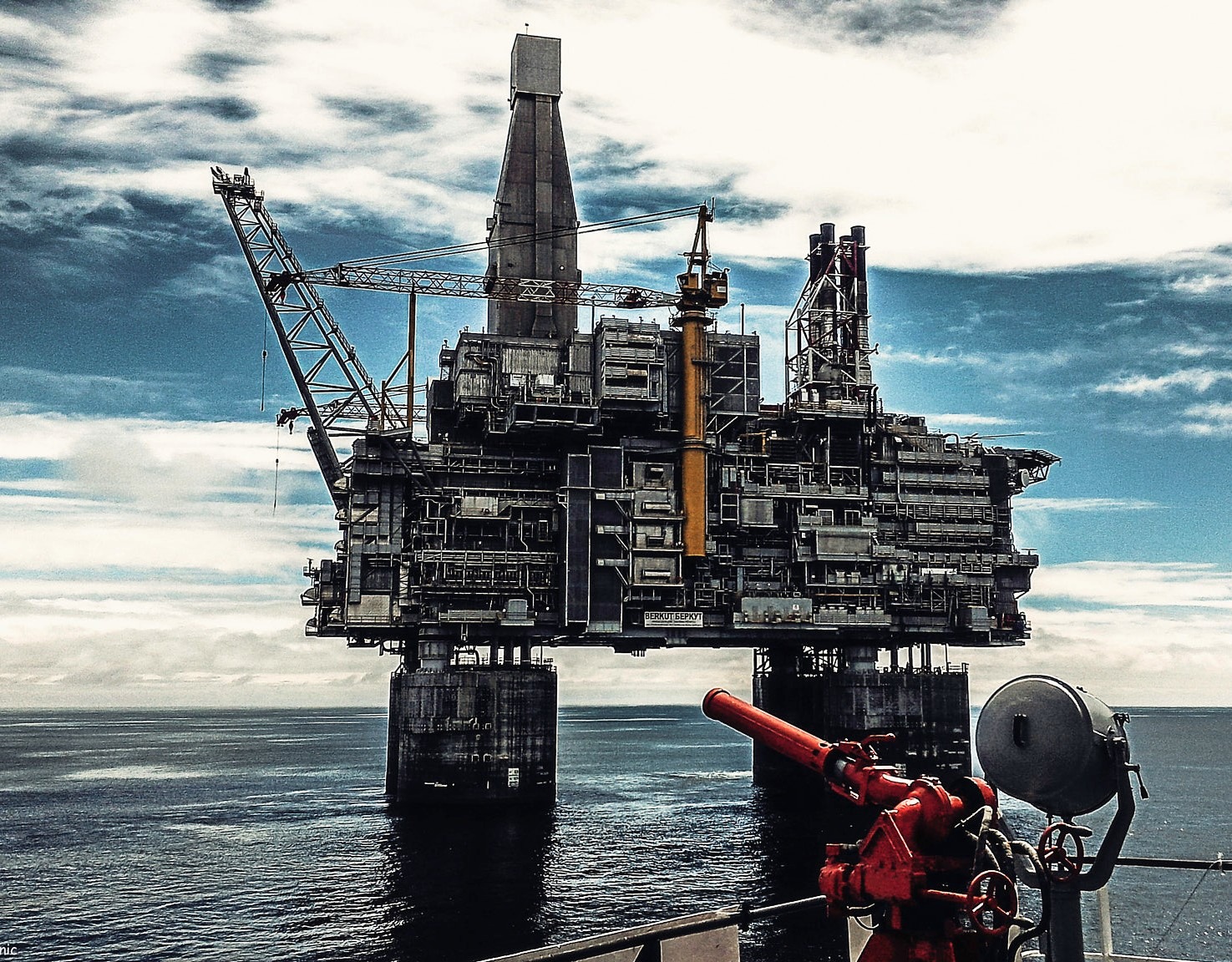When Russia’s state-controlled oil and gas conglomerate Rosneft opened up to the capitalist world following the fall of the Soviet Union in the 1990s, one its first ports of call was Dublin, where it established its subsidiary Rosneft International as early as 1996. In recent weeks, one of the Irish unit’s Russian shareholders, a Rosneft intermediary holding company called LLC RN Developments, sent €39 million in fresh capital to Dublin. The transaction, while small by the group’s standards, is a sign that Ireland remains active as one of Rosneft’s gateways to the wider world, despite it having no employees here.…
Cancel at any time. Are you already a member? Log in here.
Want to read the full story?
Unlock this article – and everything else on The Currency – with an annual membership and receive a free Samsonite Upscape suitcase, retailing at €235, delivered to your door.

